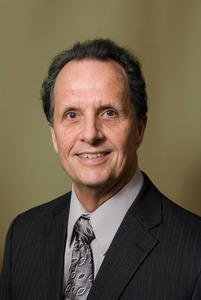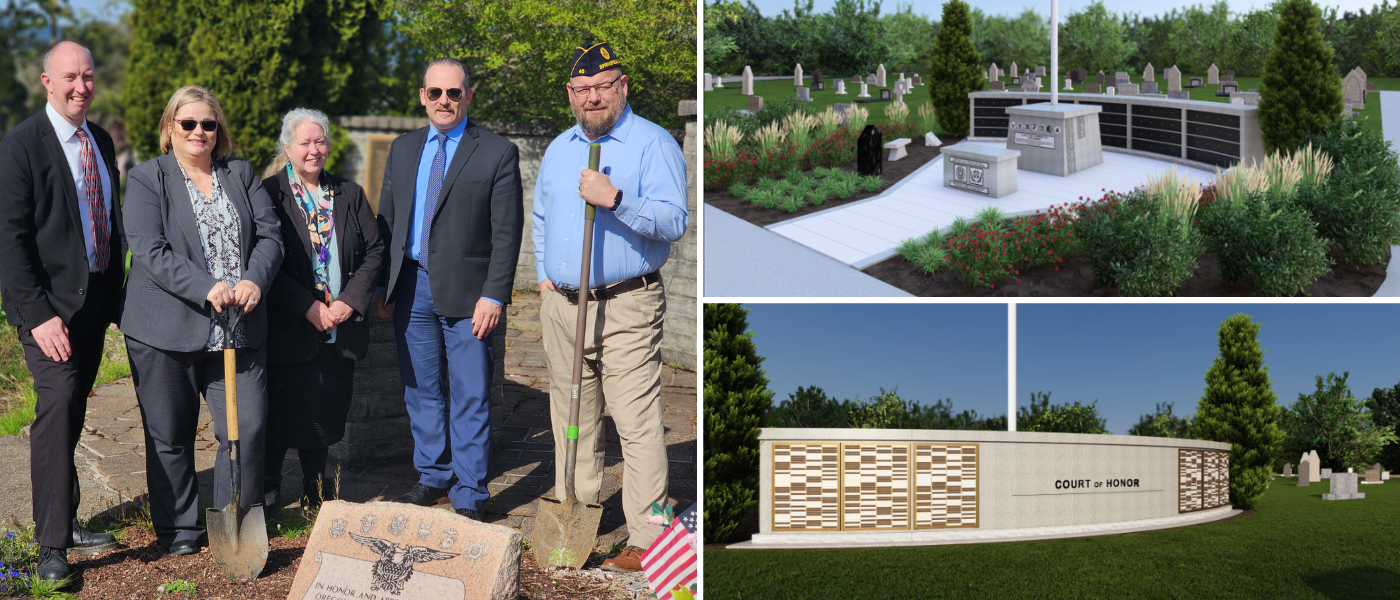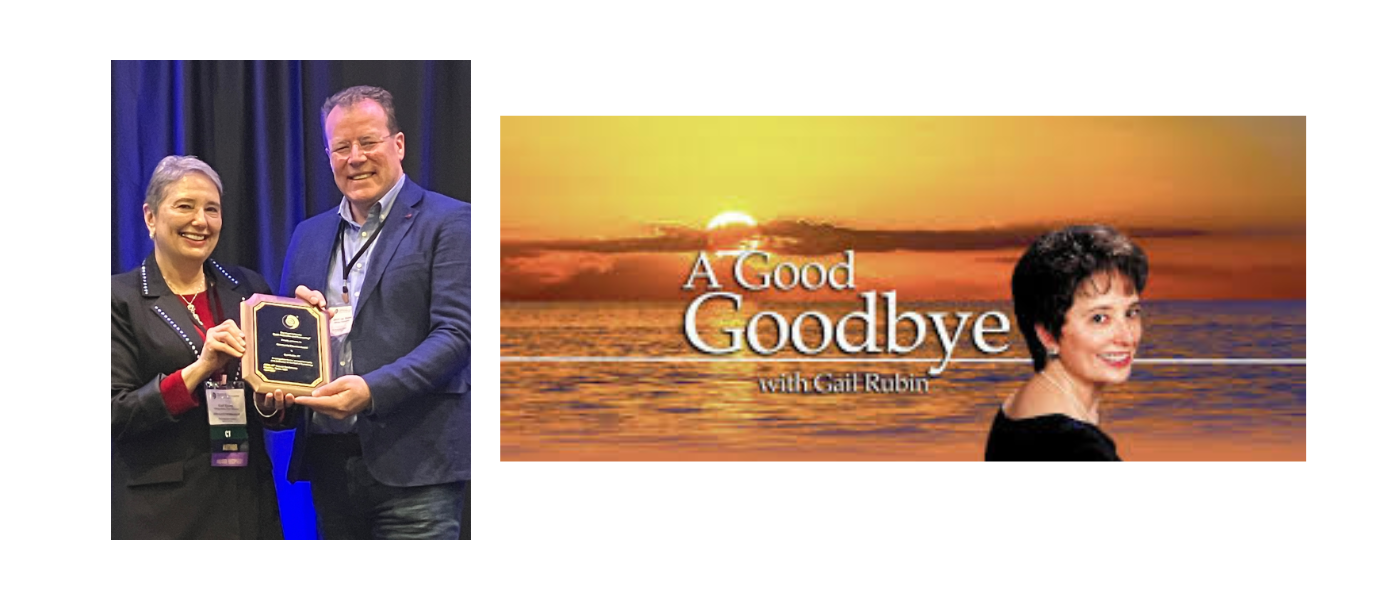Is it up to Funeral Directors to care about the surviving members of a family?
Article Originally appeared on MyASD.com
The headline is a serious, honest question. Is it one of the responsibilities of a Funeral Director to help the surviving members of the families they serve recovery from their loss?
What was your immediate reaction? Yes or no? There are strong feelings on both sides of this question among the Funeral Directors I know and have spoken to about it.
On the “no” side of the equation, some argue that the primary responsibility of the Funeral Director is the respectful internment of the remains that they have been entrusted with and the role of Grief Support, and therefore, the facilitation of recovery from loss, falls to Hospice, Grief Counselors/Therapists, and the Clergy.
On the “yes,” side of the question, proponents agree that the proper handling of the deceased is important; however, they add that the survivors require more than just a memorable ceremony to help them with closure. And, they feel that given the changing dynamics of the modern family and cultural attitudes towards religion they are in the primary and best position to impact a positive recovery for the survivors. Some also feel that it is actually their obligation to offer some level of support or guidance on grief, simply from a compassionate point of view.
So, how do you see this? Is it part of the responsibilities of a Funeral Director or not? Or, maybe you feel “it depends?” I’d like to hear your arguments for that position.
To this discussion, I’d like to add the word “opportunity.” Can providing help in the recovery from their loss actually be an intelligent business decision? If you are successful in helping survivors toward a positive recovery, do you think that would make you more or less memorable to them? If you help them with their recovery, in addition to providing excellent service and a wonderful tribute celebration for their loved one, do you feel these could be synergistic and make it more likely that they will refer you to friends and colleagues? If you offer to help in a meaningful way with their recovery, do you think this would help them to believe that you care about them as a person beyond just the service you provided?
I believe the strongest case for helping survivors with their recovery from their loss is the business opportunity case. What do you think now?




